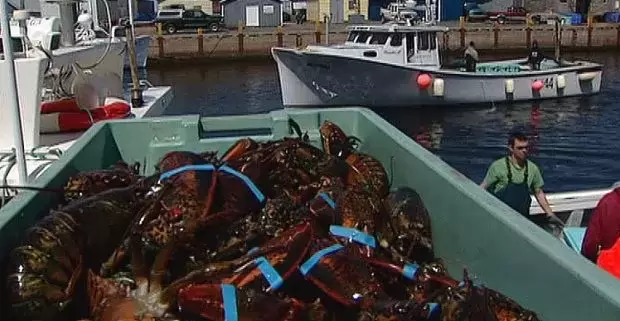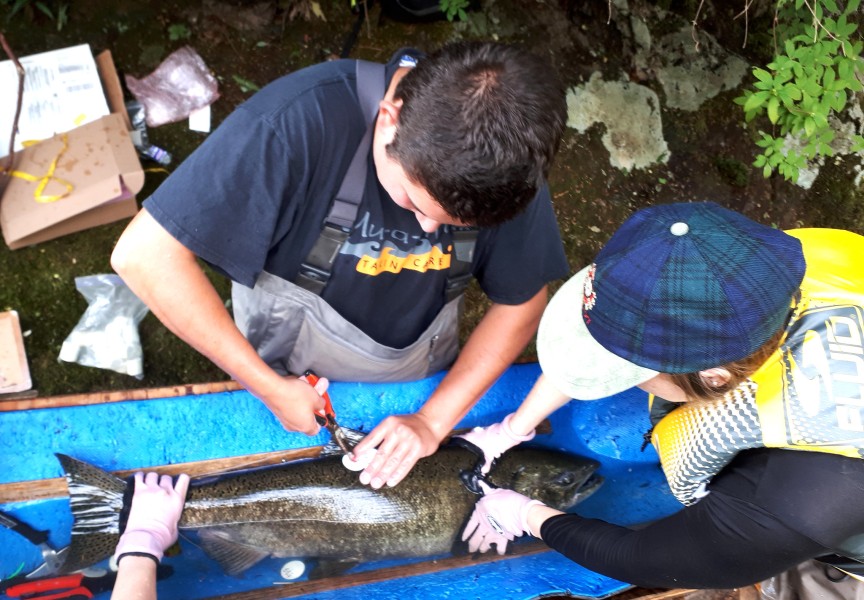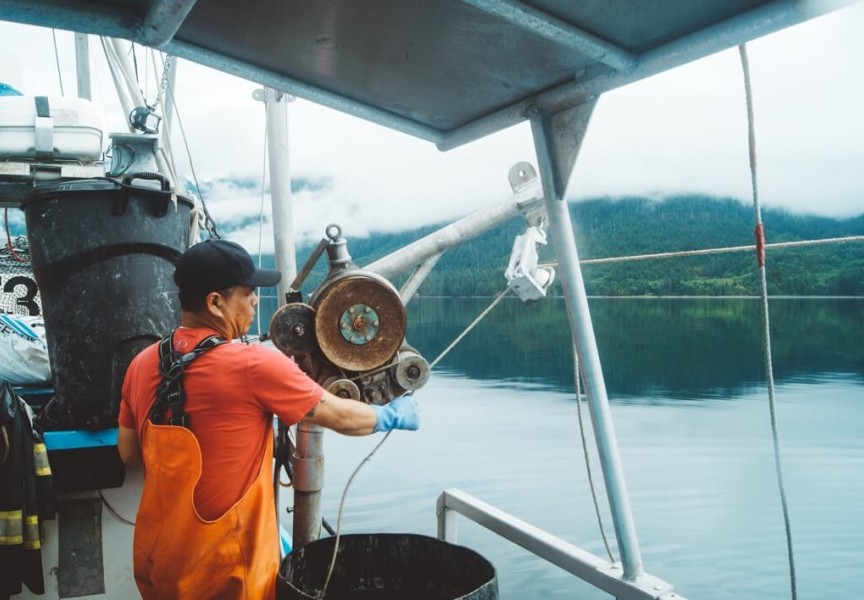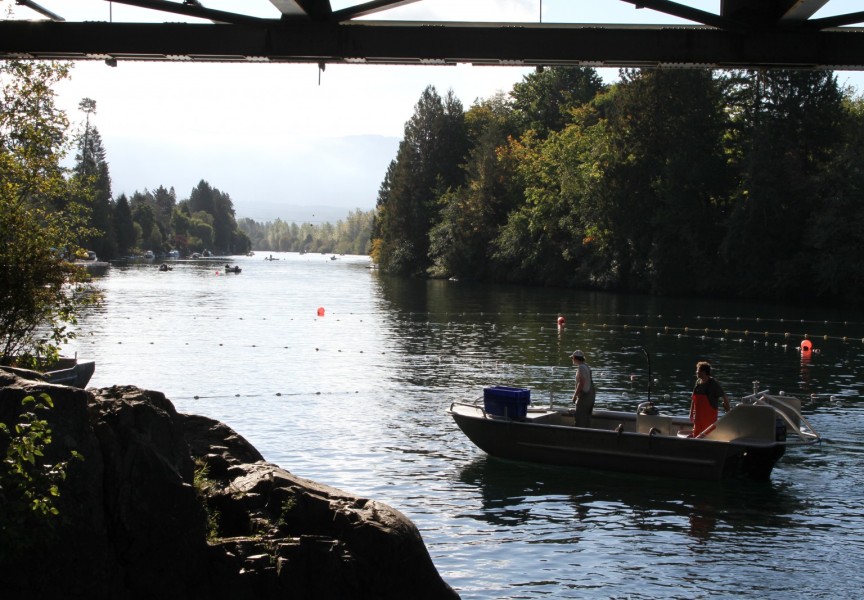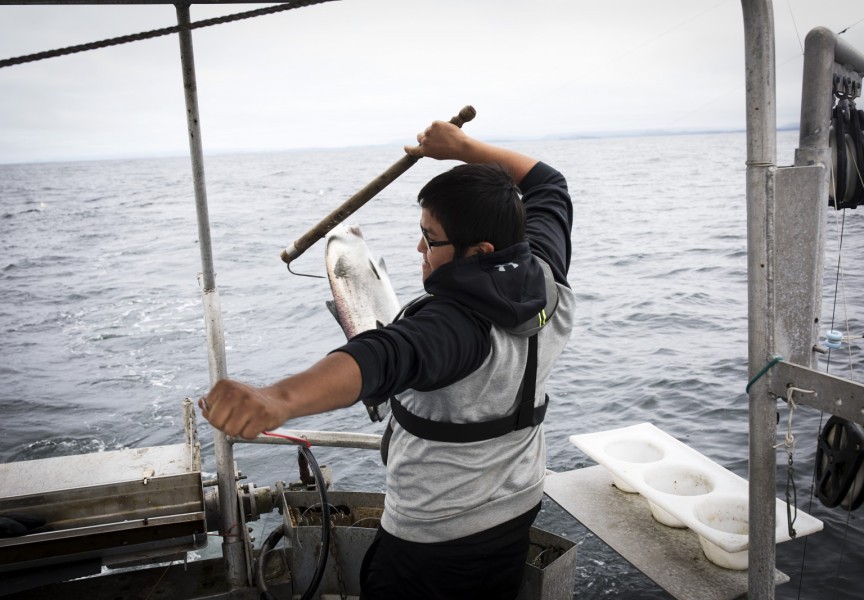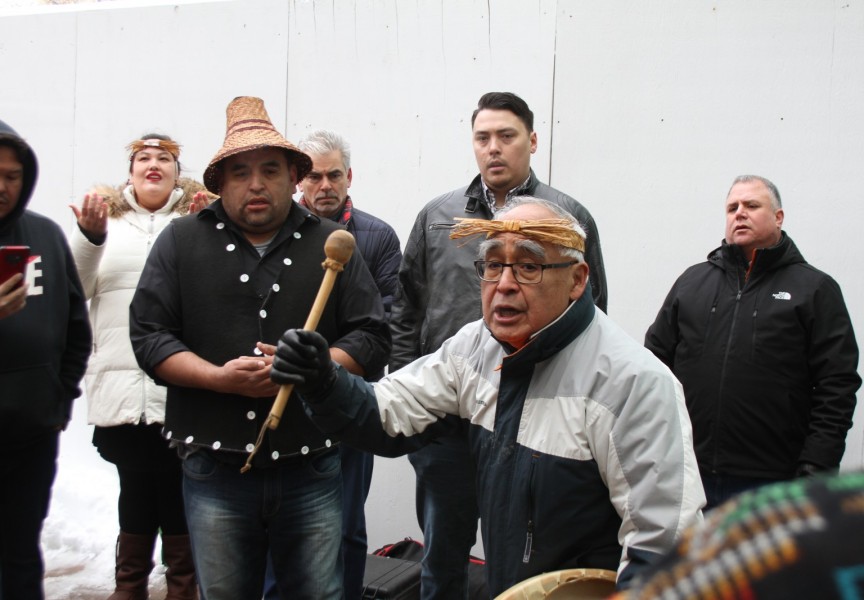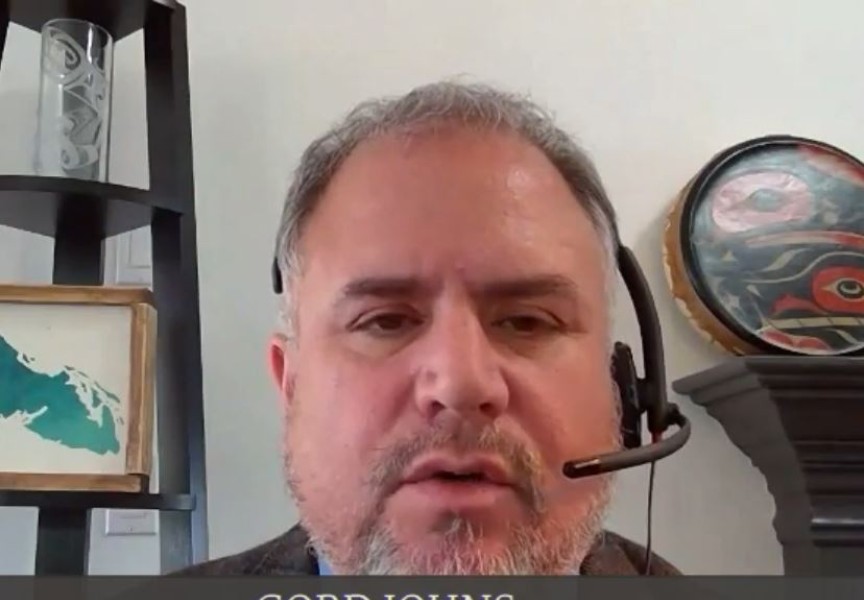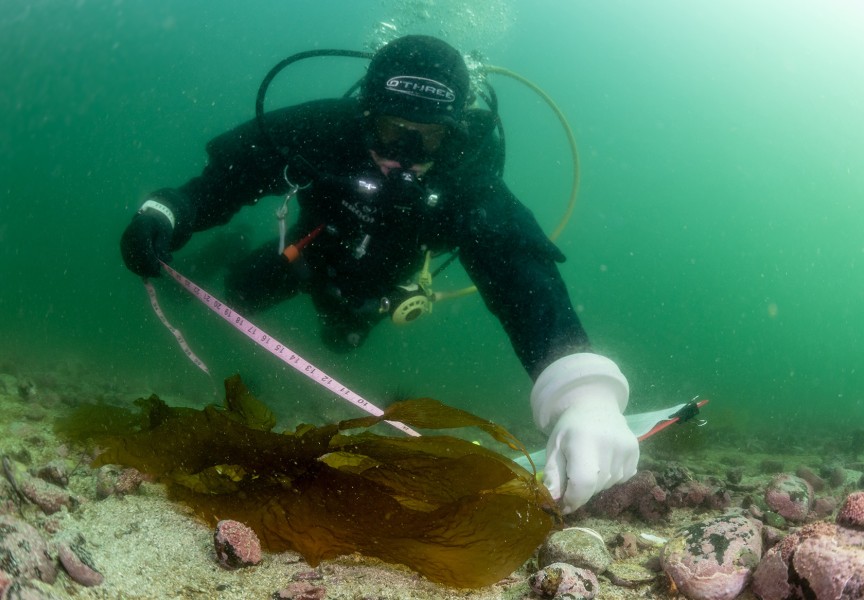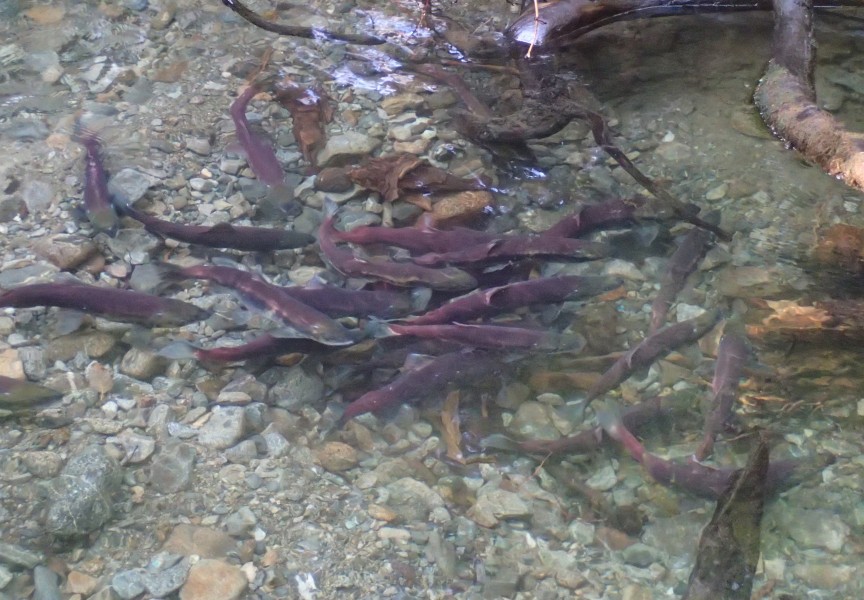Tired of waiting years for a licence to sell their catch commercially, members of Listuguj Mi’kmaq First Nation in Quebec chose to take matters into their own hands this season, openly defying the federal Department of Fisheries and Oceans.
“So far, it’s fishing as usual,” said Denny Isaac, Listuguj fisheries manager.
Since late September, Mi’gmaq lobster boats have been out on Chaleur Bay in the Gulf of St. Lawrence, determined to press ahead with Indigenous fishing rights long established in court. They are not alone. The nation has considerable backing in its quest, having built an alliance of common interest in recent years with Nuu-chah-nulth nations equally frustrated in their commercial fishing aspirations.
Cliff Atleo, lead negotiator from Ahousaht First Nation, was across the river from Listuguj in Campbelltown, N.B., this week, meeting with the national fisheries committee of AFN.
“I love what they’re doing,” Atleo said. “It’s actually ensuring the power of authority is inherent with the nation. That’s why I’m here.”
Listuguj has its own fishing plan and is following its own law with emphasis on sustainability and safety. The East Coast nation has held a fall community lobster fishery for the past 20 years. The difference this season is that they are selling a portion of their catch to their neighbours, Gesgapegiaq First Nation, to cover costs. A DFO licence was in the works before the department consulted with non-Indigenous fishing groups, Isaac said. DFO had decided to issue a commercial licence but did not follow through.
“Basically, with the lobster restriction, the issue was the politics of the day with the (federal) election coming,” Isaac said.
Thwarted by political undercurrents, they opted to make the most of the political moment.
“Prime Minister Trudeau has often repeated that his government’s most important relationship is with Canada’s Indigenous people,” said Darcy Gray, chief of the Listuguj Mi’gmaq government. “This fall provides the prime minister with an opportunity to show us what that really means. If this government is actually committed to reconciliation, then they will support us as we exercise our rights.”
Out West, the five T’aak-wiihak First Nations have felt equally stymied in pursuit of commercial fishing rights. Their fisheries remain classed as pilot or demonstration fisheries pending a ruling expected this fall from the B.C. Court of Appeal. Finding common ground, T’aak-wiihak nations and the Nuu-chah-nulth Tribal Council have acted as intervenors in Mi’gmaq court action while the Mi’gmaq have reciprocated. Intervenor status enables them to have a say in proceedings. At the same time, Nuu-chah-nulth and Listuguj representatives have engaged in cross-country exchanges as they build mutual support.
Atleo compared challenges faced by the Listuguj lobster fishery to those confronting the T’aaq-wiihak crab fishery. Commercial crab fishers licenced by DFO have been making inroads in Clayoquot Sound, fishing crab stocks in Ahousaht territory.
“It makes it harder to implement our right to harvest crab,” Atleo said. “I see these guys (Listuguj) making progress by doing what they’re doing, by saying they’re using their own licencing, their own permits.”
NTC President Judith Sayers said the Listuguj approach — fishing by their own laws — hasn’t been ruled out for T’aak-wiihak.
“I think there are very few options available for First Nations in asserting their rights,” Sayers said. “T’aaq-wiihak has considered doing this as well. I just think it has to be at the right time, the right place, the right moment.”
Sayers said they were more hopeful of change when the Liberal government took office after campaigning on a fresh approach, hearing Justin Trudeau’s pledge to build a relationship based on mutual respect and partnership.
“Here we are, four years later, in the same place,” she said.
Both Nuu-cha-nulth and Mi’gmaq labour under the same regulatory regime and share the same experience in dealing with federal bureaucracy.
“This is such a DFO attitude, not to deal with First Nations,” Sayers said. “To think that they can just put it aside and not deal with it.”
Conflict over fishing rights is hardly news to the Listuguj Mi’gmaq. Dating back to the 1970s, attempts to ban salmon fishing over conservation concerns led to tension between Indigenous and non-Indigenous fishers. In 1981, hundreds of police, fisheries and game officers, under direction from the Quebec government, descended on the community, beating and arresting residents while seizing boats and gear.
In response, the Listuguj organized, establishing their own law on fish and fishing in 1995. A 1999 Supreme Court of Canada decision, R vs. Marshall, proved to be a landmark. The ruling confirmed their right to hunt, fish, harvest and gather food in their territory for the purpose of trade and to earn a moderate livelihood. The Assembly of First Nations recognized the 20th anniversary of the Marshall decision at its recent general assembly.
“The Supreme Court of Canada, in the Marshall decision, made it clear,” said AFN Chief Perry Bellegarde in a Sept. 26 news release. “Canada and all its agencies must recognize the treaty rights of the Listuguj First Nation to fish and to exercise a moderate livelihood through fishing.”
Since 1999, Listuguj has held a limited commercial lobster fishery each spring. They were expecting their first fall licence when DFO pulled back at the 11th hour, Isaac said.
“It is taking a stand in that we believe it was not negotiated in good faith,” Isaac said. “We recognize that it’s going to be a harder swim up the river if we can’t even get a 14-day licence.”
While the courts have favoured the T’aaq-wiihak right to fish, that hasn’t been reflected in catch allocations from DFO. Atleo blames that disconnect on systemic racism within the department.
“People don’t talk much about it, but we live with that racist attitude,” Atleo said.
“I know it’s alive and well. What we’ve fought for was to re-establish a way of life,” he added. “It was about looking after your own.”
“Fisheries always were a foundation of our culture,” Sayers stressed. “What we’re trying to do is restore that balance to our economy.”

